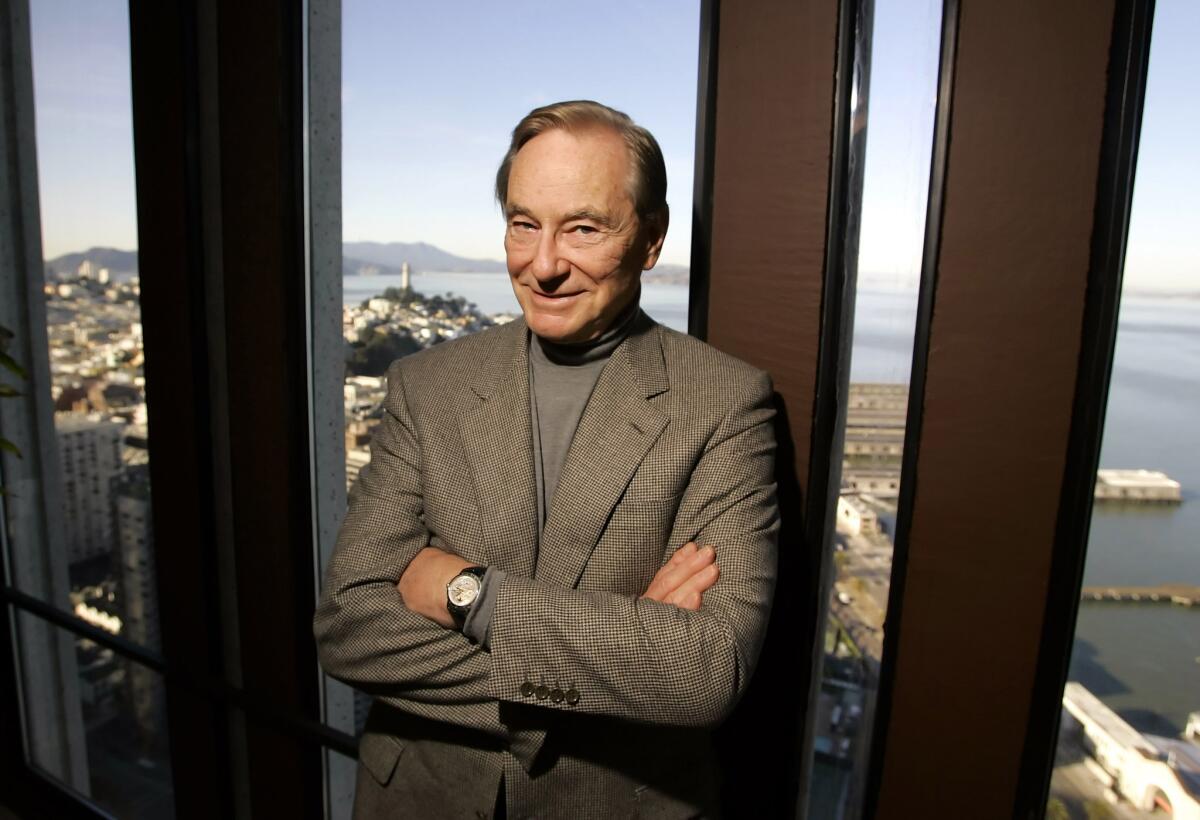Memo to The New Yorker: yesterday’s plutocrats weren’t ‘progressives’

In a piece about the whining crybabies among our privileged 1%, James Surowiecki of the New Yorker compares the plutocrats of today to those of the past, to the contemporary breed’s disadvantage.
One hundred years ago, he writes, “industrial magnates played a central role in the Progressive movement, working with unions, supporting workmen’s compensation laws and laws against child labor, and often pushing for more government regulation.”
Well, sorta. Some industrial magnates did. Others did not. And while Surowiecki is correct in finding today’s business leaders to be, in general, less public-spirited than their forebears, the distinction isn’t as great as all that. Taken altogether, the impact of big business on the economy and the working class 100 years ago was sufficiently malignant to yield the crash of 1929, the Great Depression and the New Deal.
Let’s take a quick stroll through the history.
To begin with, business leaders in the first decades of the 20th century were not viewed by their contemporaries as paragons of progressive thought. Among their critics was Adolf Berle, whose 1932 book “The Modern Corporation and Private Property” documented how the separation of management from corporate ownership had produced a concentration of wealth that acted against the public interest.
As a member of Franklin Roosevelt’s brain trust, Berle analyzed the consequences: “When nearly seventy per cent of American industry is concentrated in the hands of six hundred corporations … the individual man or woman has, in cold statistics, less than no chance at all.” Herbert Hoover’s economic policies Berle asserted, meant “letting economic units do about what they please.”
Henry Ford is often lionized for granting his workers a $5 daily wage (in 1914). What is often forgotten is that in 1933 he helped precipitate the failure of the banking industry in Michigan by refusing to shore up the capital of the banks, some of which he owned -- thereby impoverishing hundreds of thousands of working-class citizens. (“Let the crash come,” he said. “I feel young. I can build up again.”)
Banks, Wall Street and the corporate elite fought the New Deal at every turn. “Pushing for more regulation”? Richard Whitney of the New York Stock Exchange predicted that the New Deal’s securities regulations would precipitate a market crash. Utility companies, which had left huge portions of the South in darkness because it wasn’t worth investing to bring them electricity, battled ruthlessly with the Tennessee Valley Authority, which was created to fill the void.
And when Social Security was enacted, the nation’s employers stuck fliers in their workers’ pay envelopes warning that the new program was a fraud. This prompted FDR to respond:
“Only desperate men with their backs to the wall would descend so far below the level of decent citizenship as to foster the current pay-envelope campaign against America’s working people.... It is an old strategy of tyrants to delude their victims into fighting their battles for them.”
In 1936, Alfred P. Sloan, the venerated head of General Motors, returned from three weeks’ vacation in the south of France to condemn the shorter hours and pay raises the government urged his company to implement. “Of course I believe in more leisure for workers,” Sloan said upon disembarking from his ocean liner. “But not by government edict. We should earn our leisure.”
Corporations today sometimes act in a way that seems altruistic on the surface but is really only a marketing ploy. It takes truly willful ignorance to view this behavior as altruistic, though Supreme Court Justice Samuel Alito did so in his Hobby Lobby majority opinion.
“For-profit corporations, with ownership approval, support a wide variety of charitable causes,” Alito observed. “Many examples come readily to mind.” Every example Alito cited, however, involved steps taken either to enhance its profits directly or enhance its public reputation (which enhances its profits indirectly). “Altruism” is marketable.
The New Yorker’s Surowiecki may be right in thinking that today’s “moaning moguls” are especially contemptible because so many of the loudest complainers -- hedge-fund billionaires and venture investors among them -- are doing the best in the current economy. That doesn’t stop them from grousing, as I reported in January, regarding the ridiculous tantrum thrown by Home Depot co-founder Ken Langone.
But today differs from the past only in degree. The “corporate statesmanship” Surowiecki seeks in his survey of the past is and always has been largely a myth. There were genuinely altruistic business leaders in the past, and there are some today. But left to their own devices, corporate leaders will always see a distinction between their narrow business interests and the broad public interest.
As Adolf Berle understood in 1932, the only thing that brings these interests together is government regulation. To think we can return to a golden age when regulation wasn’t necessary is to pine for a golden age that never was.
Keep up to date with The Economy Hub by following @hiltzikm.







